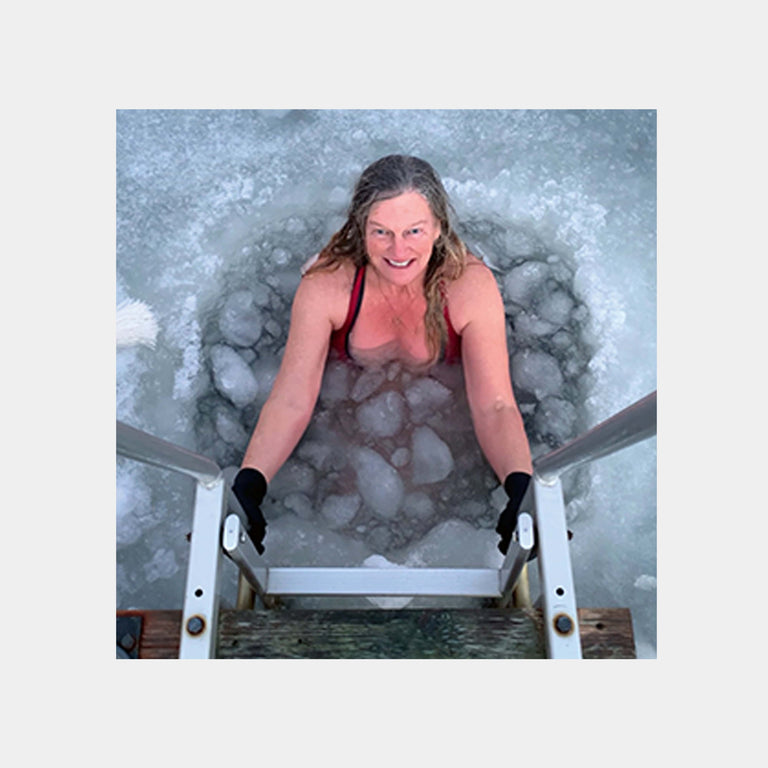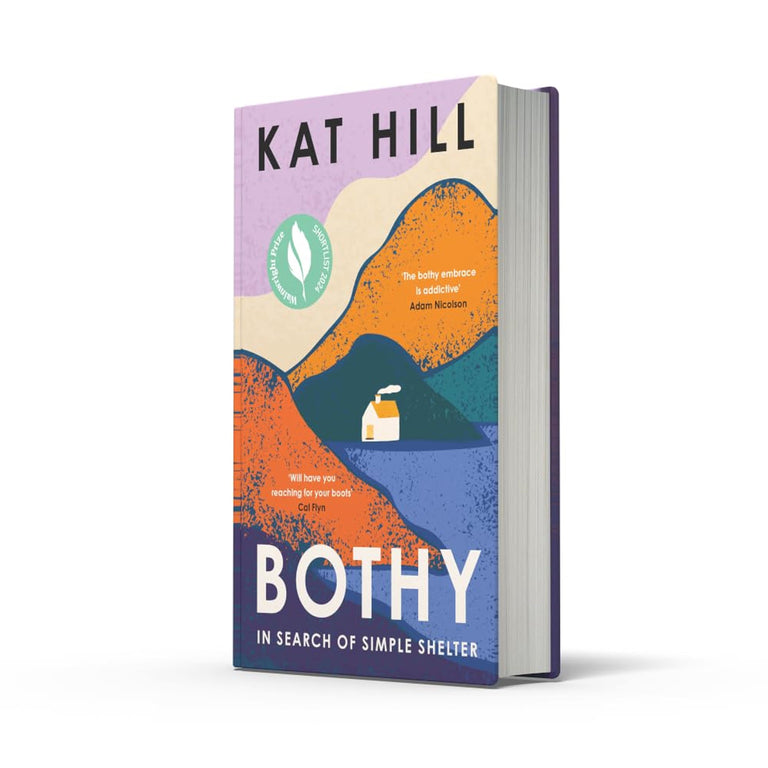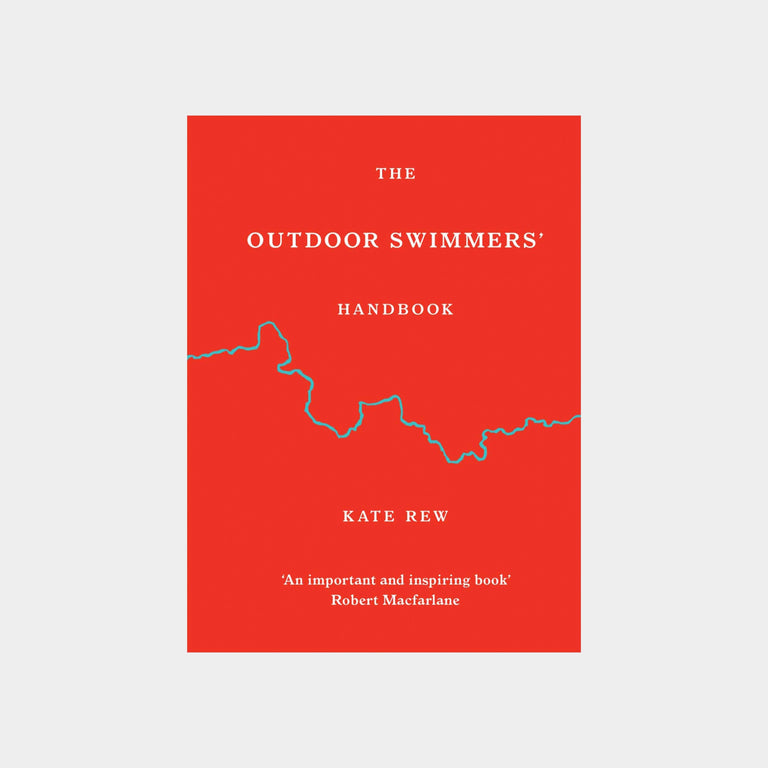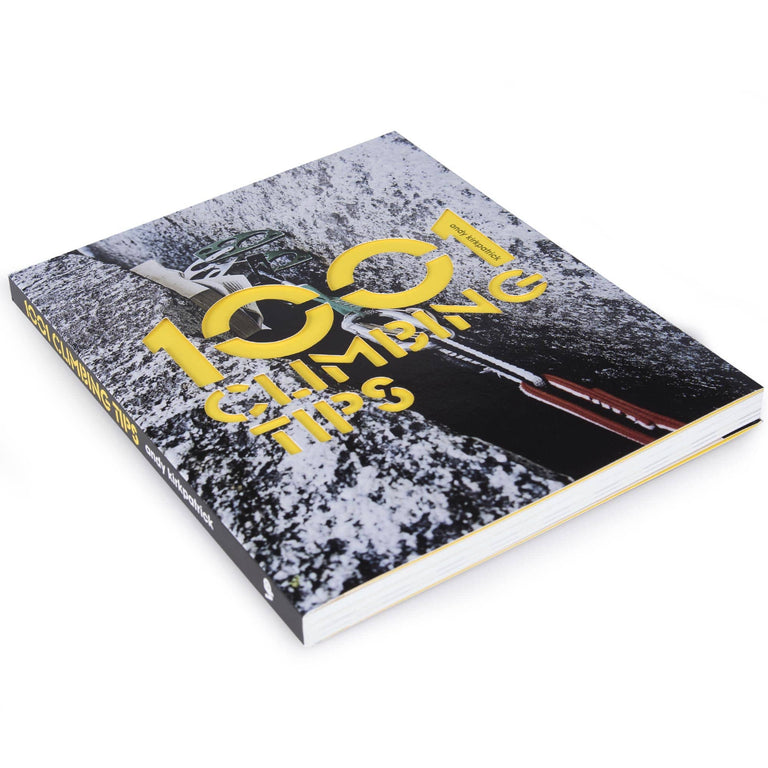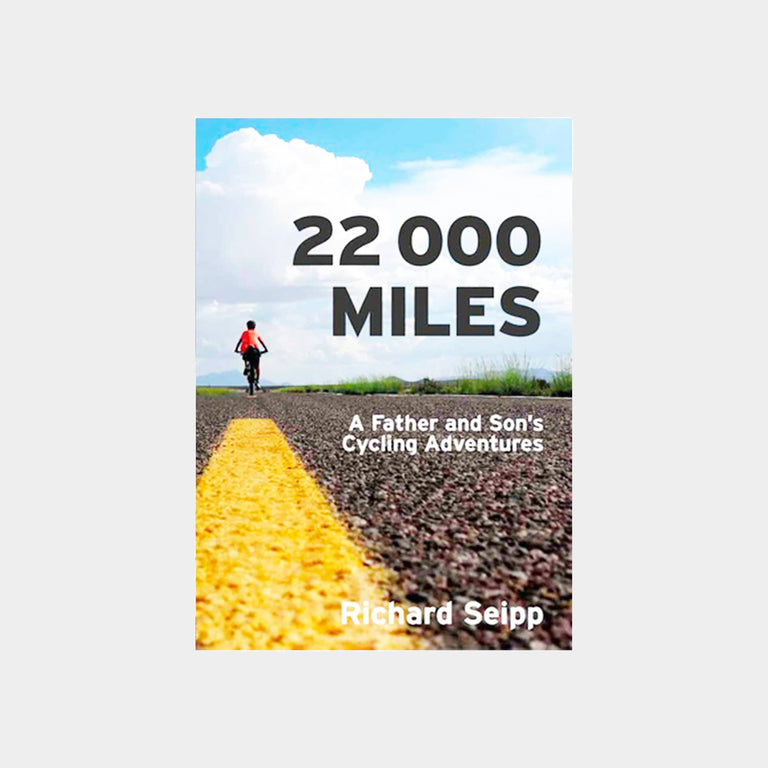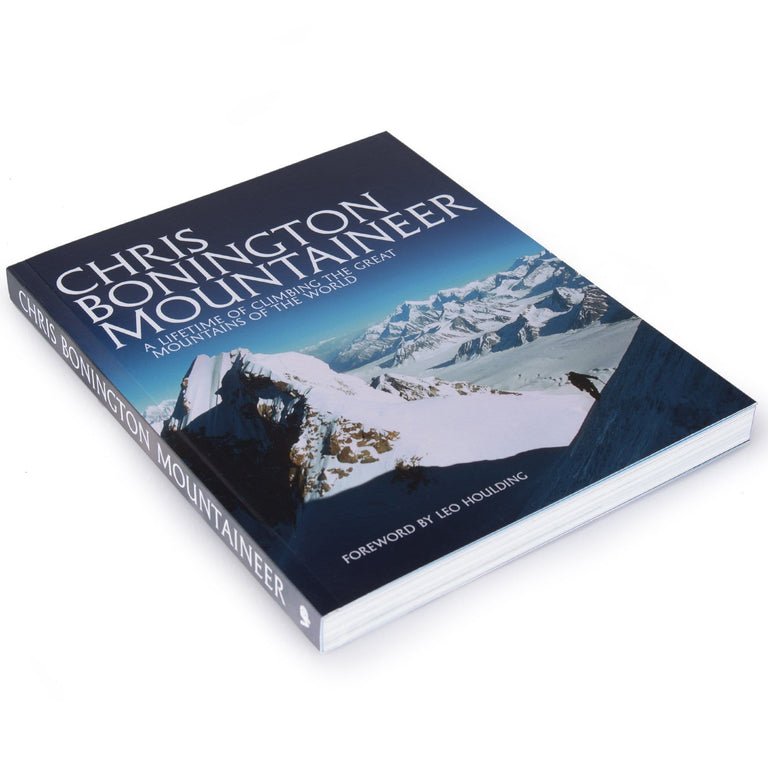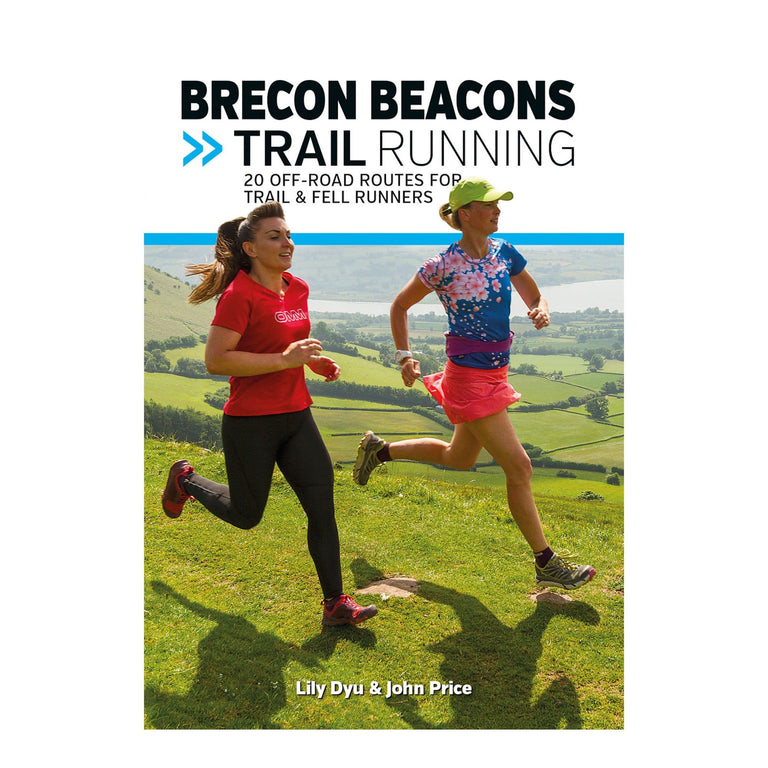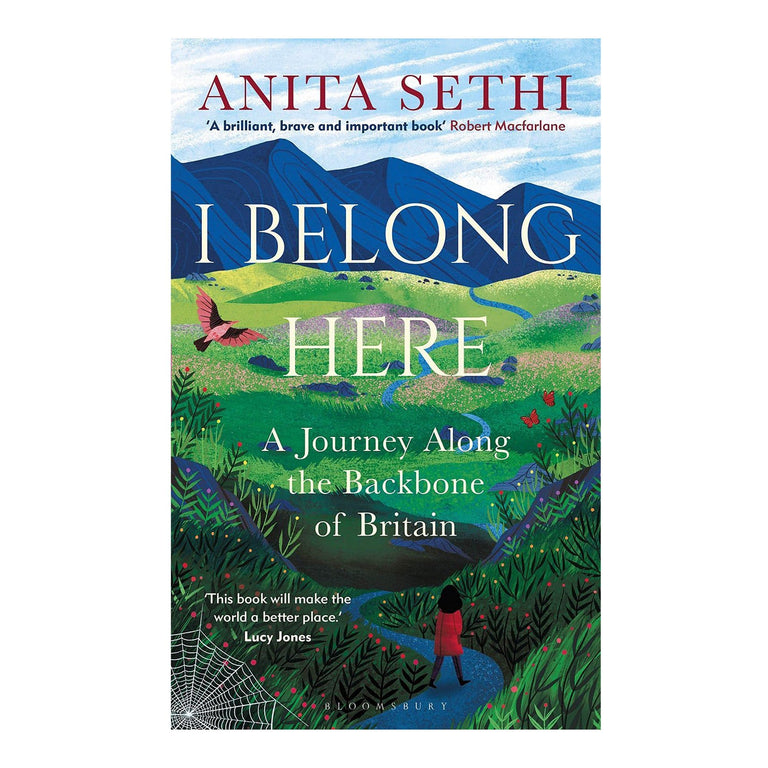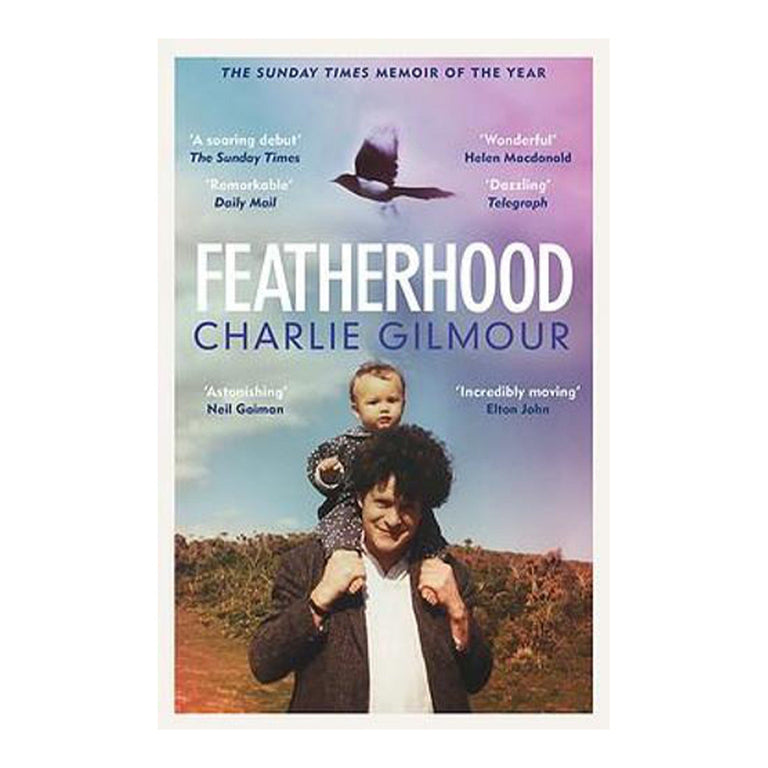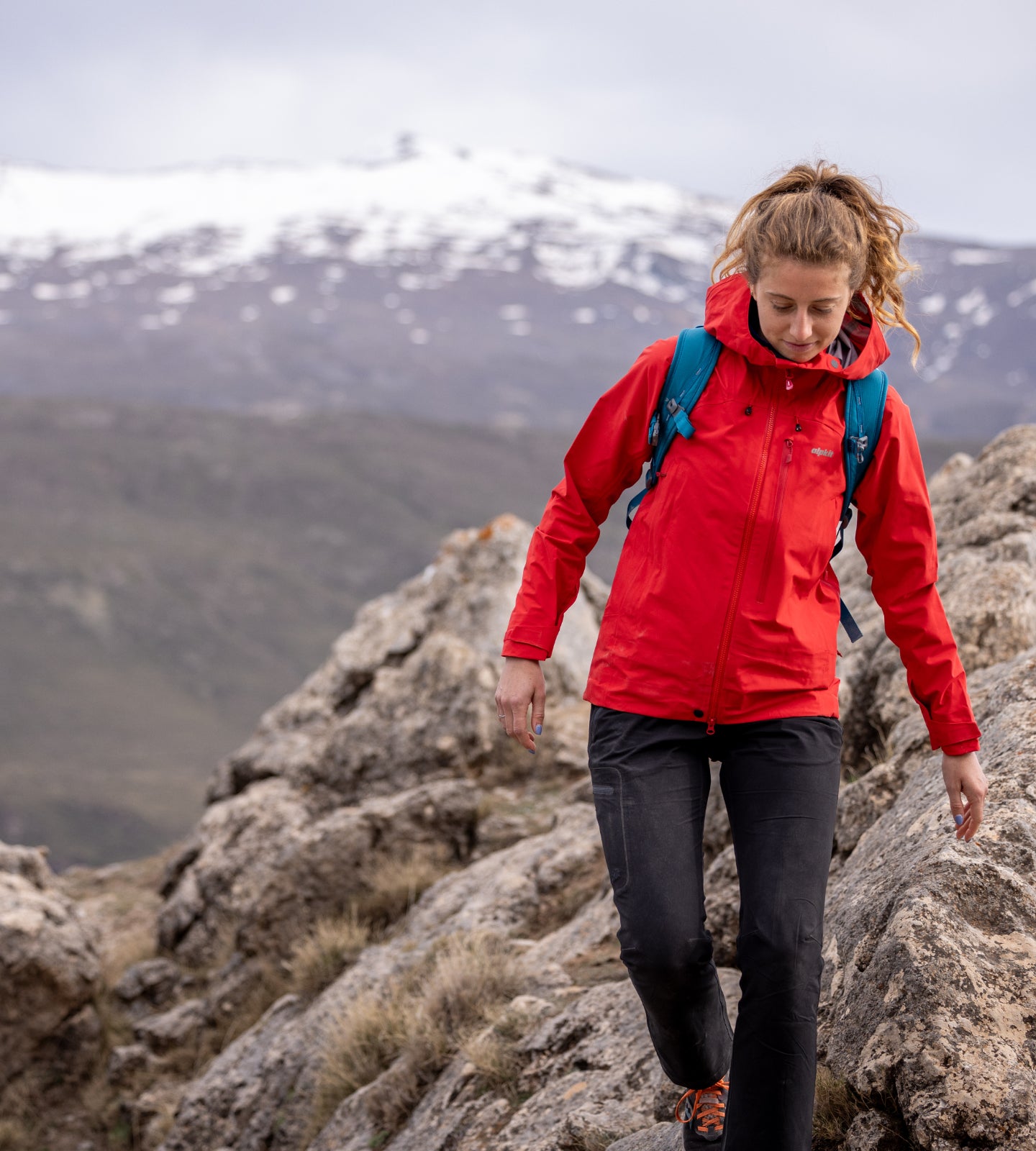
Winter sports offer an adrenaline rush like no other. Let the cold stoke your passion with tips to conquer and embrace the thrilling joys of frosty adventures.
Are you getting that urge to wrap up, fireside, and wait for the snowflakes to gently settle? The hills will soon stand in winter's grasp. Trails you once knew, now shifting tracks masked by nighttime's mysterious cloak.
Winning winter is finishing work as dusk falls and heading out for a run anyway, rising early and cycling up to your favourite spot to watch the sun come up over the hill or staying at the crag a little later than you probably should on a school night.
As we go through the motions in our mundane day-to-day lives, we can often find ourselves missing out on the subtleties of seasons changing while our routines remin the same. Life and beauty never stop. Especially not in winter. - Zahra Rose.
You can read more from Zahra's inspirational win winter story here. In this article, we are going to share some practical tips on what you can do to keep doing what you love through the winter. Sonder rider Jenny Graham starts us off with her top tips for getting outdoors this winter.
1. Pack extra layers — better to have and not need.
2. Invest in high-quality lighting gear.
3. Connect with fellow winter enthusiasts to embark on adventures.
4. Stay close to home; familiar summer spots take on a magical twist in the wintery nights.
Night Running
Everything is a little different at night - the same roads you may have trotted along before could be totally pitch black, the quiet forest track for after work training suddenly looks nothing like you remember. Well that's all part of the charm, you feel like you're on that little bit more of an advenutre and if you want to take it up into the fells or mountains it will give a new test for your navigation skills! Pacing over pastoral terrain that we know like the backs of our hands by day, but by night it reveals a new and mysterious character, perfect for exploring.


Climbing, Bouldering and Mountaineering
Drop a grade and head to all the spots close to work for an evening session with friends. Grab a powerful torch and light the way for a friend. Alternatively, get out on the hill a few hours before anyone else and bag the first ascent that day. Climb or walk all day and only come down when you're done, if the days are not long enough, just ensure you have your headtorch handy. Getting up a little earlier in camp to cook breakfast under lamp-light before trekking across the still frozen snow and ice in the highlands this Winter will guarantee some amazing sites. Sunrise from the summit of your favourite Munro has got to be worth that extra cup of coffee.


Cycling
Longer nights don’t mean fewer trails. If anything, you get more trails: trail by night and trail by day. Trails by night are quieter and quicker, the twists and turns you’re accustomed to suddenly take you by surprise. Alert, responsive, senses heightened; exhilarating. Think that red trail you whizzed through the other day was easy? Try it after sunset and, let us know how you get on! Biking with limited vision adds a whole host of new challenges on technical trails. Good lighting and warm layers are a must.
Winter Camping
Who said that camping is just for fair weather? Wrap up warm, cook up an extra big hearty soup, and savour that extra bit of time for gazing at the stars and squeeze in that extra night away. In winter, we often hear about taking half a day off to get somewhere in the light to pitch the tent or finishing a day on the hill a bit early to get back and cook in the light. Or possibly even forgoing the camping and booking somewhere inside.


Nocturnal adventures
There is a vast array of creatures that keep hidden until sundown, and the early evenings are a perfect opportunity to grab your Filoment down jacket (and perhaps a Brukit for warming hot chocolate) and go seek them out.
Bat Hunts
Bats are most active during warmer months so get in there quick before they snuggle down for winter.There are many bat hunts/ walks that you can just tag along with across the UK. The walks are regularly run at many National Trust sites. However, if you fancy something a bit more informal, take a stroll around your local area, they can be found in towns and cities as well as the countryside. Barns, bridges and trees are popular roosting spots for bats!
Owl Walk
For something a little more feathered, try an owl walk. Many of the walks include some up-close and even hands-on experience with the owls.
Headtorch Scavenger Hunt
Create a list of items for the kids to find in the garden (or other specified outdoor space) after sunset, such as leaves, rocks, bugs and flowers. Don’t forget to hide some glow sticks for added magic! Variations such as finding specific colours or species can be used for older children.
Equipped with these brilliant ideas, winter stands before you as your next adventurous playground.


